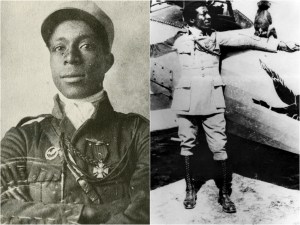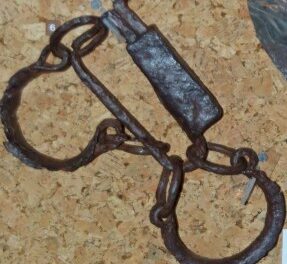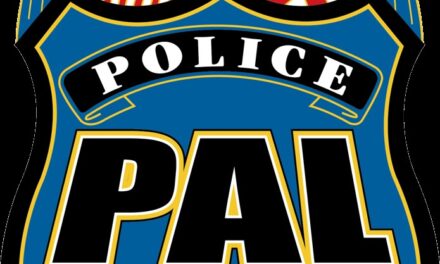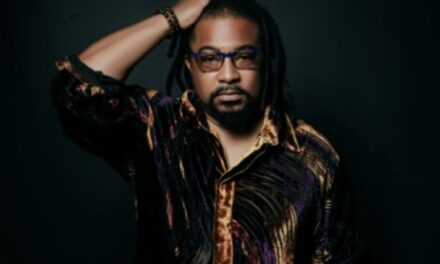
By Aysia Morton
Special to the AFRO
In 1916, at the world-renowned Café Couple in Paris, Euguene Bullard made a bet to his comrade Jeff Dickson that he would become the first African-American fighter pilot. The two men wagered $2,000, and Bullard would go on to win the bet despite great obstacles in his life.
Born Oct. 9, 1895, in Columbus, Ga., Bullard was the youngest of seven children. He wanted to escape the severity of racism in the South and live in a place “where White people treated colored people like human beings,” he stated in his memoir. His father told him of a country in Europe called France, and Bullard decided to run away.
He joined a band of Gypsies and stowed away on a ship leaving for Germany. He was put ashore in Scotland, where he said people treated him like their own despite his skin color. After working various jobs, Bullard went to England, started boxing, and became a lightweight champion by the age of 17.

At age 19, he pursued his childhood dream and lived in France. At the start of World War I, he was still an American citizen, but enlisted in the French Foreign Legion. Bullard served France, winning awards such as the Croix de Guerre with Star and the Médaille Militaire, until he was injured in 1916. While injured, he made the bet and earned his spot as a fighter pilot. Bullard was assigned to the Lafayette Escadrille, a squad of American volunteers and French military pilots.
He later recalled that, “by midnight every American in Paris knew that an American Negro named Eugene Bullard, born in Georgia, had obtained a military pilot’s license,” according to PBS.
He flew with a monkey named Jimmy and created a crest of a heart with a dagger going through it and the slogan “All Blood Runs Red” for his plane, PBS also reported.
Though Bullard made history, America ignored his achievements. After the U.S. entered the war, Bullard applied to fly for the American Expeditionary Force. He was rejected, and many historians believe it was due to racial prejudice. It was documented that Black people served in all branches of the U.S. Army except for the aviation units, according to Delaware historical and cultural affairs.

Though he had flown approximately 20 missions and was respected by his fellow soldiers, Bullard’s pilot career ended when the French military ordered him out of aviation. Exact reasons for his dismissal are unclear, but Bullard believed it was due to racism. American officers believed White soldiers would suffer if they “saw Black American troops enjoying freedom from segregation and discrimination, and especially the freedom to associate with White women,” according to Craig Lloyd, Bullard’s biographer.
Bullard went on to run a nightclub in Paris that attracted historical figures like F. Scott Fitzgerald, Josephine Baker, Ernest Hemingway and more. He returned to serve France as the Nazis overpowered Germany and became a spy for Paris, according to PBS. When Germany invaded France, Bullard was wounded again. He became worried about being captured by the Nazis, so he moved him and his family to New York City. While in the city, Bullard worked as a security guard, a longshoreman, an elevator operator, and became a civil rights advocate.
He returned to France after a quarrel with a bus driver, who ordered him to sit in the back of a bus. While in Paris, he was honored as one of three men to light the flame at the Tomb of the Unknown Soldier in Paris. Bullard was also named a knight of the Legion of Honor, the highest order and decoration bestowed by France. It was the fifteenth decoration given to him by the French government, according to the Smithsonian.
Two years later, he died of stomach cancer. After his death, the U.S. Air Force inducted him as a second lieutenant and built statues of Bullard at the National Air and Space Museum and the Museum of Aviation. Bullard paved the way for the Black fighter pilots, like the Tuskegee Airmen and Madeline Swegle, the first Black female fighter pilot in the U.S. Navy.
Help us Continue to tell OUR Story and join the AFRO family as a member – subscribers are now members! Join here!
The post First African-American fighter pilot emerged from the jazz age of Paris appeared first on AFRO American Newspapers .











